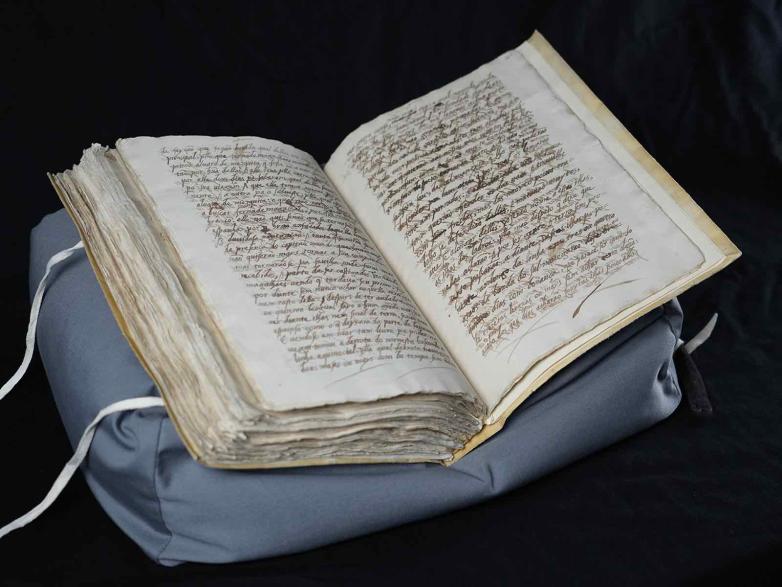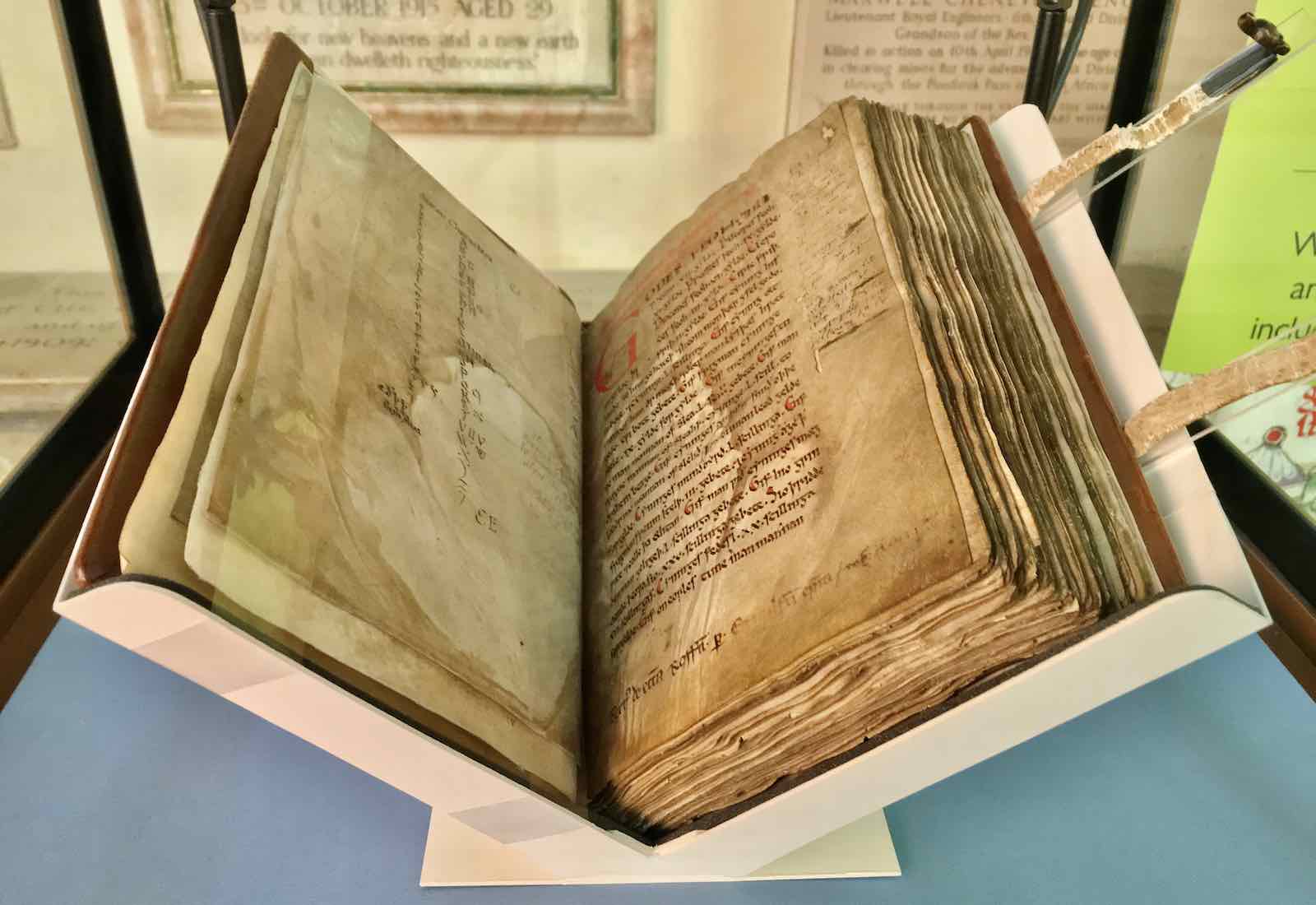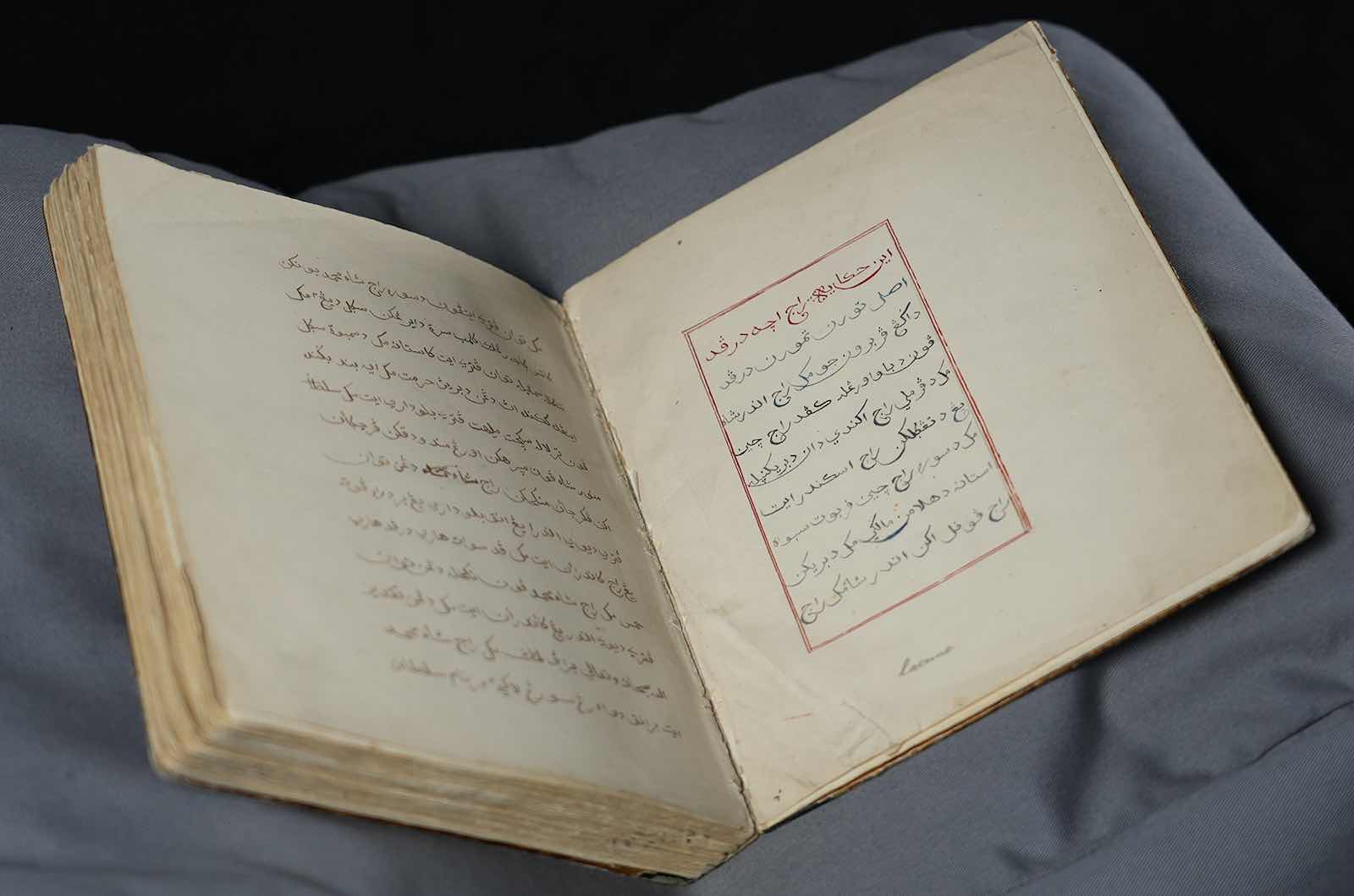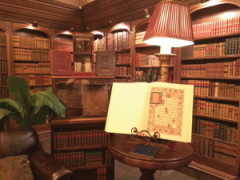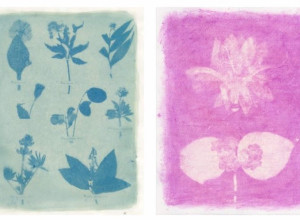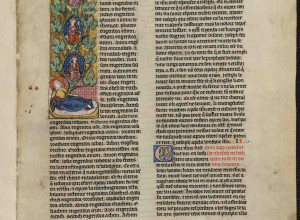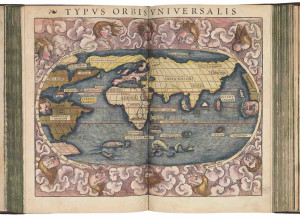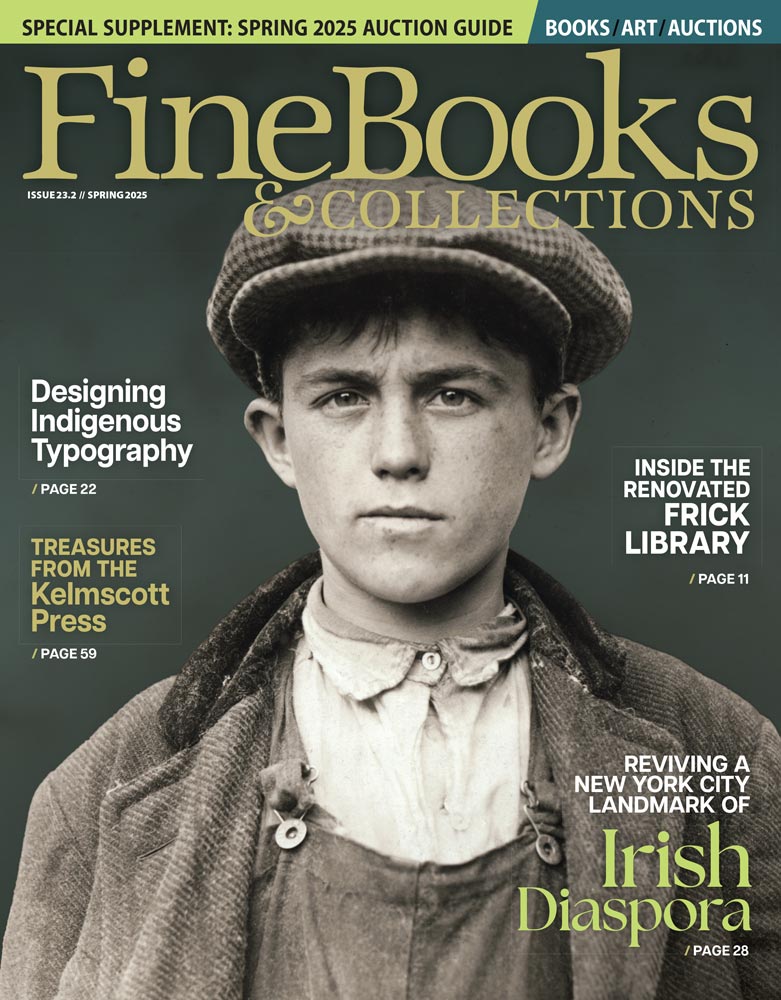Two more UK archives have also awarded UNESCO status, The Augustine Gospels and the Textus Roffensis collection of early English laws. The Augustine Gospels provide a tangible connection to the earliest days of the Anglo-Saxon church in Britain. Created in the late 6th century in Italy, it is reputed to have been sent with St Augustine on a mission from Pope Gregory the Great to convert the English.
The text contains the four gospels, and, at the instruction of Pope Gregory, was illustrated specifically to accommodate those who couldn’t read. It has been in continuous use for more than a millennium and will be one of the oldest items inscribed on the Memory of the World UK Register. It is held by the Parker Library at Corpus Christi College, Cambridge.
The Textus Roffensis is a collection of early English law codes preserved in a 12th century manuscript. It was compiled in the early 1120s by a monk at St Andrew’s Priory at Rochester Cathedral. Included among the unique texts is the earliest known set of English laws known as Æthelberht’s Code, dated to about 600 and from the Kingdom of Kent. It is also the earliest datable work of any genre composed in English vernacular.
There are 35 early English law codes in the first half of the manuscript including laws by Alfred the Great, Æthelred ‘the Unready’, and William the Conqueror. The latest of these is the oldest surviving copy of the Coronation Charter of Henry I, the fourth son of William the Conqueror. Written in Latin, it spells out the responsibilities and limits of the King toward the Church and the king’s noblemen. As such, it has been interpreted as a precursor to Magna Carta of 1215.
Textus Roffensis has enormous significance as a well preserved example of early English legal codes, and includes the earliest datable English text. It is held by Rochester Cathedral in Kent.

